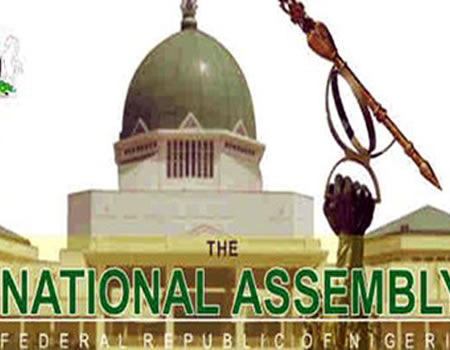Prior to this shocking, but truth assertion from the horse mouth, the former Central Bank of Nigeria governor now the Emir of Kano, Sanusi Lamido Sanusi had advised the Federal government to cut recurrent expenditure amidst economic recession that continues to bite harder. He frowned on how Federal Government could be spending billions of naira servicing lawmakers while majority of Nigerians are in abject poverty.
Joining the list of those who lashed our senators and described them as those who feed fat from the lean purse of government is former President Ibrahim Babangida who once advocated for part time law makers to reduce the cost of government.
Why is our democracy too costly to run compared to the advanced democratic countries of the world? Do you know that in Nigeria, a senator earns salary more than the U.S president? This plain truth of our money guzzling Senate makes me conduct simple arithmetic to arrive on how many billions these 109 members gulp in a calendar year. Each senator receives monthly salary of N700, 000; 13.5 million monthly running cost and 200 million constituency allowance. It costs the country 371 million to service a senator and cumulatively 40.44 billion per annum to maintain 109 senators.
This huge amount is outrageous in a country like Nigeria where per-capital income is low and people are languishing in penury. What pains many Nigerians is that these senators consume the funds without commensurate results. It may interest you to know that most of our senators are seat warmers. They hardly sponsor bills that will translate or enhance the lives of their constituents. In fact, many of them hardly visit their constituency let alone know the problems of the electorate that voted them. Annoyingly, some senators only drive to their communities when election is slated or around the corner. They would come up with funny poverty alleviation programme distributing motorcycles, sewing machines and peanuts capital for selected loyalists. This is intended to win the heart of beneficiaries in anticipation of vote in return. Imagine these bulk of resources consumed by these lawmakers are channelled into education, health or agriculture, majority of Nigerians would have felt the impacts of democracy dividends. Alas, this is not done. Instead, our so-called distinguished members are busy feathering their nest. Most of the bills passed by them are in favour of elites with the little ones to the advantage of the common man.
Must we continue spending chunks of our resources servicing few privileged individuals while majority are in state of despair? We should either reduce the current unnecessary expenditures incurred by the National Assembly or make it a part time as advocated by some Nigerians.
Ibrahim Mustapha, Pambegua, Kaduna State.






